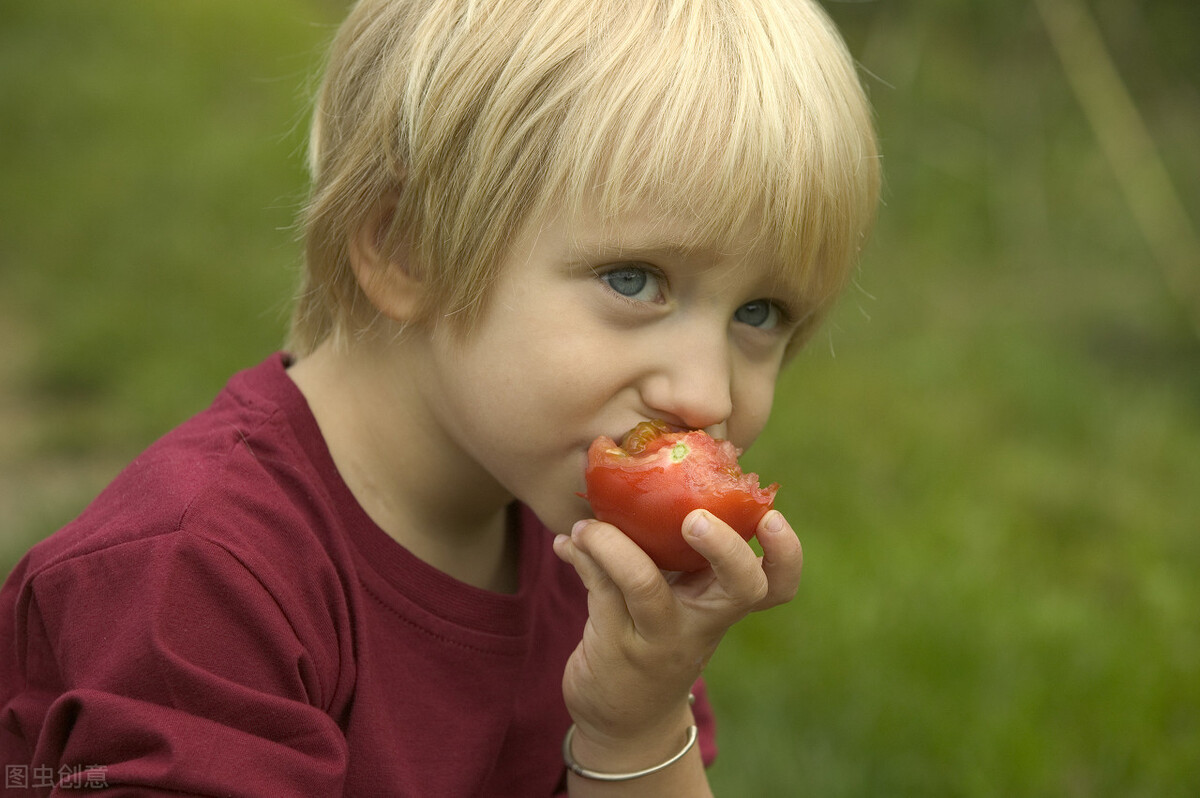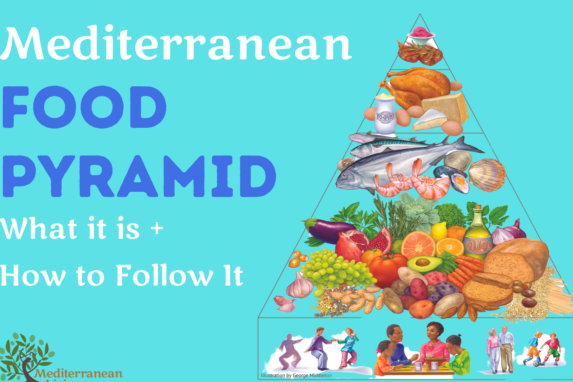What juicing is good for high blood pressure? : High blood pressure, medically known as hypertension, is a prevalent health concern affecting millions of individuals globally. The implications of uncontrolled hypertension can be severe, leading to an increased risk of heart disease, stroke, and other cardiovascular complications. While lifestyle modifications play a pivotal role in managing high blood pressure, the incorporation of juicing into one’s daily routine offers a delicious and nutrient-packed approach to support heart health. In this in-depth guide, we will explore the specifics of what juicing is good for high blood pressure, provide a collection of flavorful recipes, and delve into external resources and FAQs to ensure a well-rounded understanding of this holistic approach to cardiovascular well-being.
Table of Contents
ToggleUnderstanding High Blood Pressure
What is High Blood Pressure?
High blood pressure occurs when the force of blood against the walls of the arteries is consistently too high. This condition places additional strain on the heart and blood vessels, potentially leading to serious health issues.
The Role of Diet in Managing Blood Pressure
A heart-healthy diet is crucial for managing blood pressure. This includes the consumption of fruits, vegetables, lean proteins, and whole grains. Juicing serves as an accessible and palatable method to introduce a variety of essential nutrients into one’s daily dietary routine.
Juicing Recipes for Weight Loss: Delicious Blends to Boost Your Wellness Journey
Juices Beneficial for High Blood Pressure
1. Beetroot Juice: A Nitrate-Rich Elixir
Beetroot juice has gained attention for its potential to lower blood pressure. Rich in nitrates, beetroot may help relax blood vessels, promoting improved blood flow. An easy-to-make recipe involves blending beets, apples, and a splash of lemon juice for a refreshing and healthful concoction.
2. Celery Juice: Nature’s Blood Pressure Regulator
Celery juice has been associated with blood pressure regulation. Known for its high water content and potential diuretic effects, celery may contribute to lower blood pressure levels. A simple recipe involves juicing fresh celery stalks and adding a hint of ginger for a delightful twist.
3. Pomegranate Juice: Antioxidant-Rich Heart Support
Pomegranate juice is a flavorful option rich in antioxidants, particularly polyphenols. These antioxidants may contribute to heart health by reducing oxidative stress. Extracting seeds from a pomegranate and blending them with a bit of water creates a vibrant and heart-healthy beverage.
4. Carrot and Spinach Juice: Potassium and Magnesium Powerhouse
Carrot and spinach juice is a potassium and magnesium-packed elixir. Both minerals play a role in blood pressure regulation. Juicing carrots and spinach provides a nutrient-dense beverage that supports overall cardiovascular health.
5. Cucumber and Lemon Juice: Hydration and Heart Harmony
Cucumber and lemon juice is not only hydrating but also may contribute to heart health. With cucumber’s high water content and the refreshing taste of lemon, this juice offers a delightful way to stay hydrated while supporting cardiovascular well-being.
External Resources and FAQs
1. American Heart Association – Understanding Blood Pressure Readings
Understanding blood pressure readings is essential. The American Heart Association provides valuable insights into interpreting blood pressure numbers and understanding their significance.
2. Mayo Clinic – DASH Diet: Healthy Eating to Lower Your Blood Pressure
The Mayo Clinic’s overview of the DASH diet offers guidance on healthy eating patterns that can contribute to lowering blood pressure.
FAQs
Q: How often should I incorporate these juices into my diet?
A: While individual needs may vary, a general recommendation is to incorporate these juices as part of a balanced diet. Consulting with a healthcare professional can provide personalized advice.
Q: Are there any specific foods to avoid for high blood pressure?
A: Limiting sodium, processed foods, and excessive caffeine can be beneficial. The DASH diet provides comprehensive guidance on heart-healthy eating.
Q: Can juicing alone manage high blood pressure?
A: Juicing should complement a well-rounded approach to heart health, including a balanced diet, regular exercise, and stress management.
Q: Are there medications that may interact with these juices?
A: Certain medications may interact with specific foods, including juices. It is crucial to consult with a healthcare provider to ensure compatibility with prescribed medications.
Q: How quickly can changes in diet impact blood pressure?
A: While individual responses may vary, adopting a heart-healthy diet, including nutrient-rich juices, may contribute to positive changes over time. Consistency is key for long-term benefits.
Conclusion
In conclusion, juicing for high blood pressure offers a flavorful and enjoyable approach to supporting cardiovascular health. By incorporating nutrient-rich juices into a well-rounded dietary routine and making informed choices, individuals can take proactive steps toward managing blood pressure. However, it is essential to consult with healthcare professionals for personalized advice and to monitor blood pressure regularly. With the fusion of delicious recipes, external resources, and FAQs, this guide serves as a comprehensive tool for those embarking on a journey towards nourishing their hearts and fostering overall well-being.












